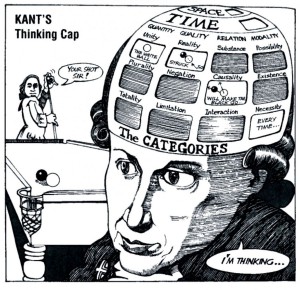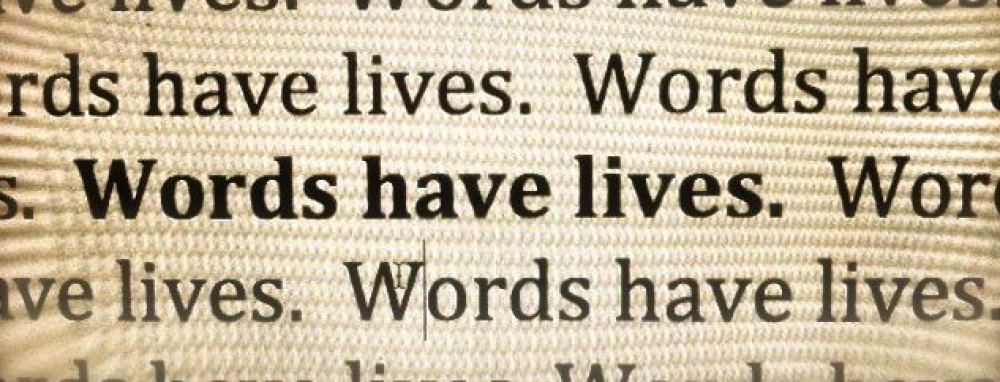
The first task in the CATW and other college writing and reading assignments is learning how to read and ANALYZE effectively. So what does the word ANALYZE actually mean?
WHAT:
The Free Dictionary online defines “analyze” in this way:
ANALYZE: tr.v. an·a·lyzed, an·a·lyz·ing, an·a·lyz·es
To examine methodically by separating into parts and studying their interrelations.
WHY:
When reading for analysis, a text is broken into parts to better understand the whole. In biology lab, you know that when you look at a cell for a first time through a microscope, you only see a cell as a “whole.” With a trained eye, you begin to see the individual parts of the cell and to understand how those parts work together. If you like to cook, you first taste food as a “whole,” but as you understand different ingredients, you begin to taste and see evidence of certain parts of a recipe and to understand how ingredients create reactions that work together.
Reading for analysis is also the process of seeing the parts of a whole text and understanding how those parts use reaction of the reader to create a whole. With a more trained and experienced eye, you will begin to see how writers approach the same writing tasks you now must do as a college writer and reader. You will understand what a writer is proving and to diagnose how other writers are setting up their ideas (for example, by using introductory and concluding sections and transitions) so that you, the reader, understand not just a thesis or idea but the argument that supports that thesis.
HOW:
There are many reading strategies!
Among those discussed in tutoring sessions are:
- As you read, look for a writer’s thesis (main point of the overall essay).
- Notice how she or he uses the introductory and concluding sections of a text to set up the thesis.
- Notice how he or she sets up supporting points to support that thesis and transitions in between these points.
- Annotate: Underlining won’t help you when rereading. Note what you think are important points in the margins. Note your personal reactions and associations you may have with the text.



